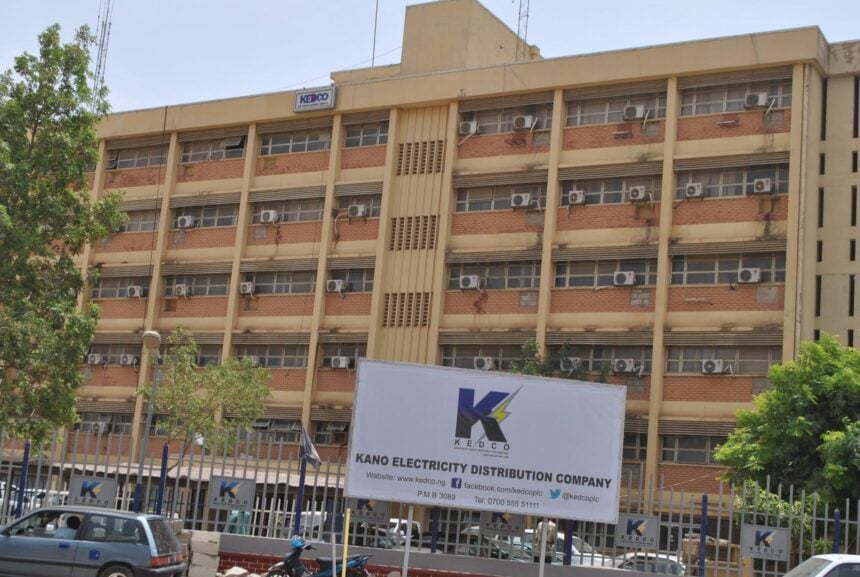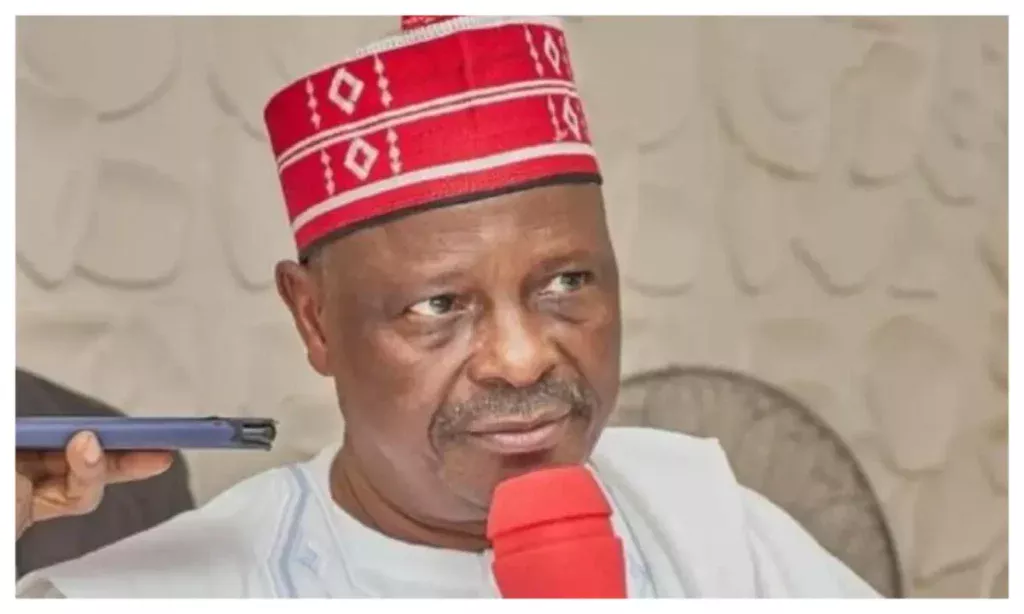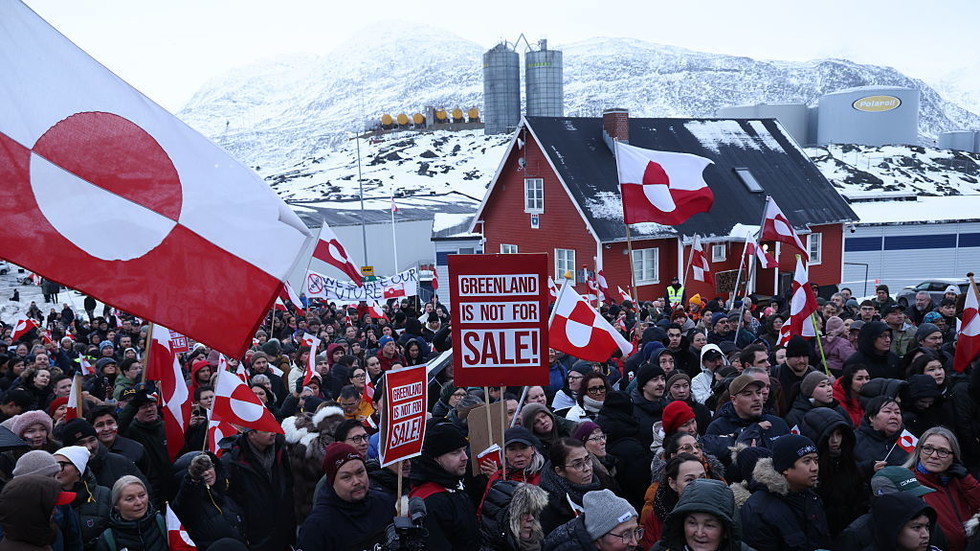Gabon’s government has taken precautionary measures by imposing a nationwide curfew and restricting internet access as the country concludes its major national elections.
Rodrigue Mboumba Bissawou, the Minister of Communications, made the announcement on state television, stating that there would be a nightly curfew in place from 7 p.m. to 6 a.m. Additionally, internet access has been indefinitely restricted due to concerns over potential violence and the spread of disinformation.
This development comes as Gabonese citizens have cast their votes to elect new local leaders, national legislators, and the country’s next president. The incumbent, President Ali Bongo Ondimba, is seeking a third seven-year term and aims to continue his family’s political dynasty, which has spanned over 55 years. Bongo assumed power in 2009 following the death of his father, Omar Bongo, who ruled Gabon for 41 years.
In 2016, Bongo narrowly won his current term amidst violent protests. This year, the opposition rallied behind his main challenger, economics professor Albert Ondo Ossa, just a week before the elections.
Approximately 847,000 people were eligible to vote on Saturday. However, voters in Gabon’s capital, Libreville, expressed frustration as many polling stations opened late. Despite the scheduled morning start, several election sites remained closed until 2 p.m.
“I’ve finally voted. I’ve been here since 6 a.m. It was at 12 noon that I was able to vote because the polling station opened at 11 a.m.,” said Ballack Obame, a former student leader. Théophile Obiang, a pensioner leaning on his cane, remarked, “I’ve never seen an election in Gabon that doesn’t start before 10 o’clock. It’s really sad. I’m going home.”
Authorities have not provided reasons for the delays or indicated when official results will be announced.
Paulette Missambo, who withdrew from the presidential race to support Ossa, an independent candidate, emphasized the importance of voters benefiting from the full 10-hour period allotted by electoral law.
Ossa’s campaign centers around challenging the status quo in Gabon. If elected, he plans to dissolve the National Assembly, redefine the electoral boundaries, and organize new legislative elections, striving to form a government dedicated to addressing economic inequality.
“Sixty years in power is too much. I’m not afraid of President Bongo,” Ossa asserted after casting his ballot at a school in Libreville on Saturday afternoon.
Historically, every election in Gabon since the country’s return to a multi-party system in 1990 has been marred by violence. The 2016 elections, in particular, witnessed clashes between government forces and protesters, resulting in the deaths of four people, according to official figures. The opposition claims the death toll was much higher.
Anticipating post-electoral violence, many residents in the capital have sought refuge with family members in other parts of the country or have chosen to leave Gabon altogether. Others have stocked up on provisions or enhanced security measures in their homes.
By Jide Johnson for African News



